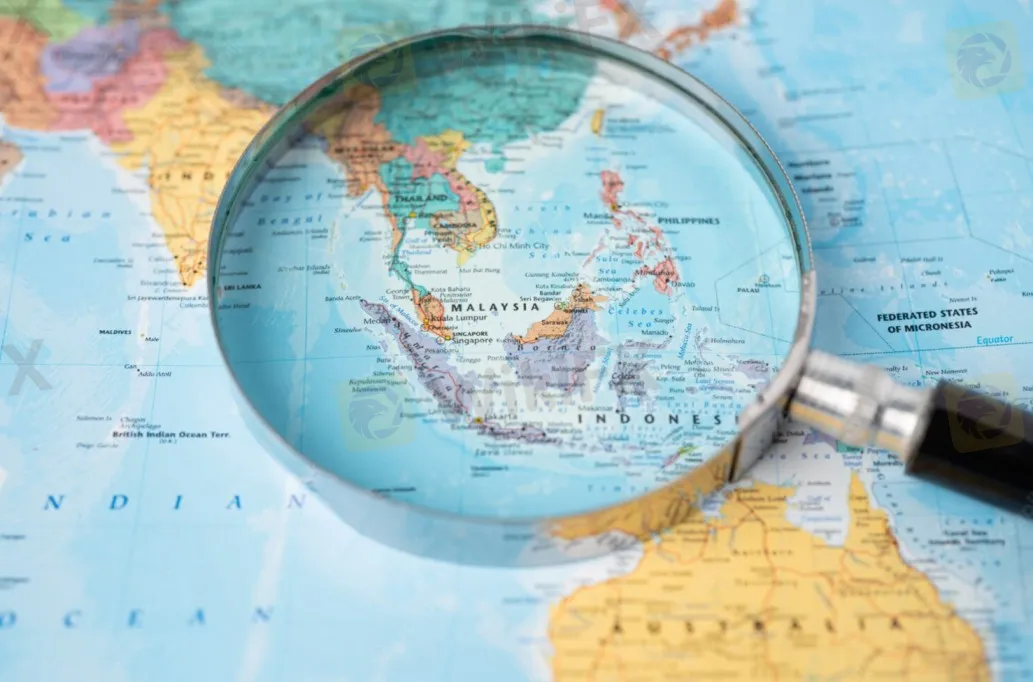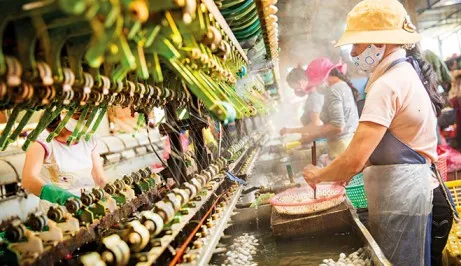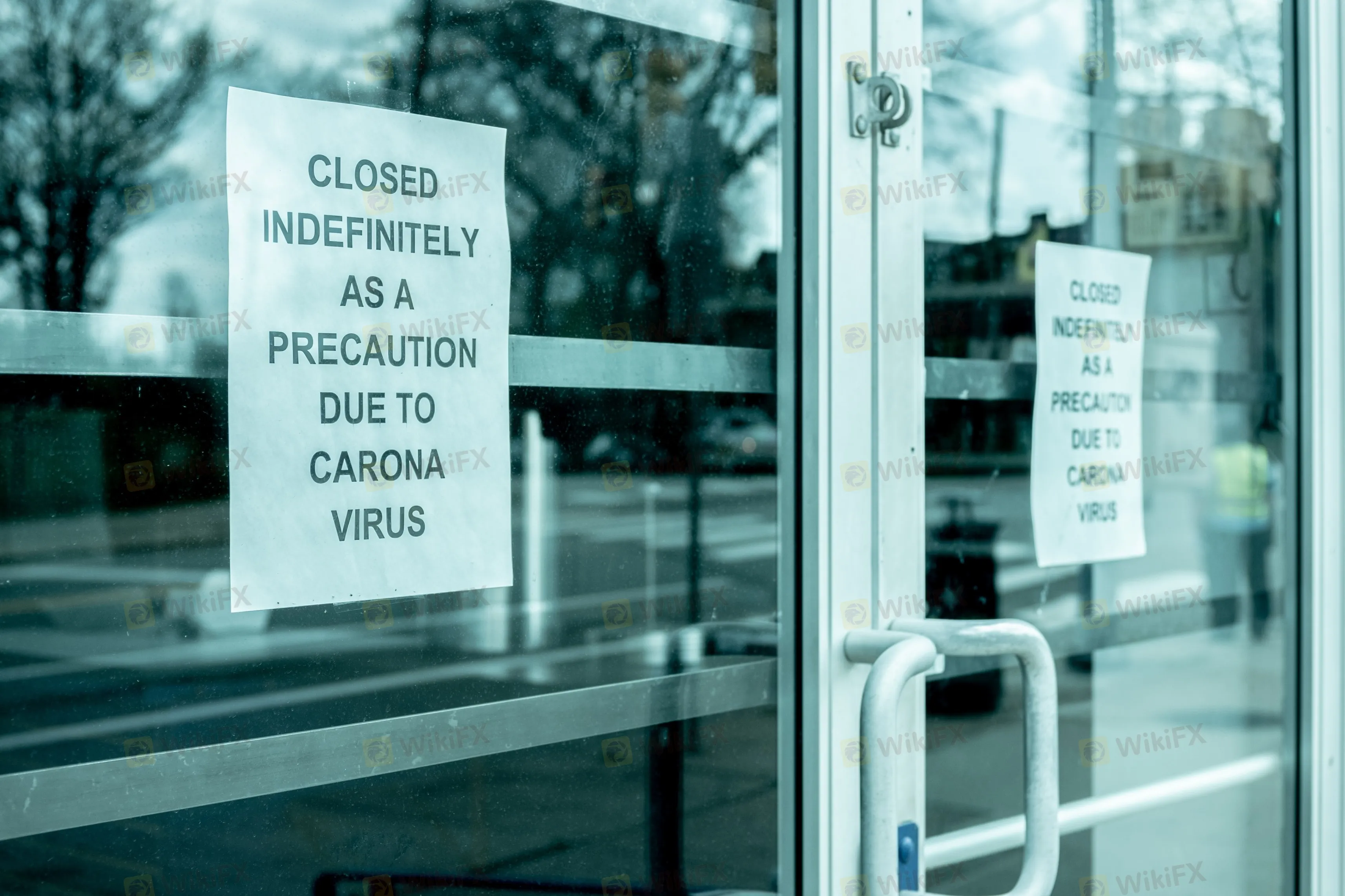简体中文
繁體中文
English
Pусский
日本語
ภาษาไทย
Tiếng Việt
Bahasa Indonesia
Español
हिन्दी
Filippiiniläinen
Français
Deutsch
Português
Türkçe
한국어
العربية
Asia In a Nutshell
Abstract:On the first of April 2022, Malaysia will reopen its borders for the first time since the pandemic. Restrictions on business operating hours will be removed and pre-activities will be allowed without physical distancing.

Malaysia:
On the first of April 2022, Malaysia will reopen its borders for the first time since the pandemic. Restrictions on business operating hours will be removed and pre-activities will be allowed without physical distancing.
The Prime Minister of Malaysia asserts that this is an important exit strategy for Malaysians to return to near-normal life and to recover the economy after taking a crucial hit by the pandemic, especially in its tourism industry. However, until the country obtains the World Health Organizations official approval, this is still not an endemic phase for Malaysia.

Singapore:
Last Wednesday, the Federal Reserve lifted its key rate from 0.25% to 0.5% to fight inflation in addition to flagging further rate increases at each of its remaining 6 FOMC meetings this year. Although this is not a one-for-one correlation with USAs hike, in general, a more hawkish fare means that the interest rates in Singapore are expected to rise to around 1-3% in the near future.
China:
China is fighting the nation‘s worst outbreak of the Coronavirus in the past 2 years. Officials are responding with sweeping shutdowns in many large cities, including Jilin, Shenzhen, and Shanghai. This is also the first time since 2021 that China reports its first 2 deaths from Covid-19. With China being the world’s second-largest economy, such measures of locking down residents, closing factories and stopping truck traffics, and airfreight contribute more disruptions to the already tottered global supply chains.
Indonesia:
Amid rising demand and weak output from main palm oil producers (Indonesia and Malaysia), the cap of palm oil export tax and levy have now increased to 675 USD per tonne from a maximum of 375 USD. The Indonesia government further tightens its domestic market obligation by requiring companies to sell at least 30% of the palm oil produced locally – this is a jump of 10% since January 2022.
The Philippines:
Petroleum and oil prices have been rising sharply for 11 weeks straight and accelerated further with Russia‘s invasion of Ukraine. To cut down on the surging energy costs as well as food and transportation costs, the Philippines’ Socioeconomic Planning Secretary, Karl Chua introduced a four-day workweek for the nation. This does not equate to a decrease in working hours. Instead, Filipinos will be working 2 extra hours, making it a total of 10 hours for each workday. This proposal is not unprecedented for the country as it was previously carried out in 1990 during the Gulf War and in 2008.
Thailand:

The officials of Thailand are working towards resuming its tourism sector that needs no restrictions by July this year. Thailand is looking to abolish the pre-departure PCR requirements and cut down on the quarantine days for incoming tourists from 7 to 5, yet these plans have still yet to be confirmed officially. On the other hand, Songkran festival in April is confirmed to be dry again this year. Water fights and water pouring activities continue to be banned by the government since the start of Coronavirus but traditional praying activities are allowed in the temples and there are no interstate travel restrictions to visit family during this celebration.
India:
2022 marks the 70th anniversary of the diplomatic relationship between India and Japan. Japans Prime Minister Fumio Kishida spent his past weekend in India to strengthen the ties with his counterparty Narendra Modi. Several agreements were signed, and Japan announced that it will be upping its investment target in India over the next 5 years to approximately 42 billion USD.
Hong Kong:

Finance Chief of Hong Kong, Paul Chan highlighted that their economy will be facing a contract in the first quarter of 2022. With small and medium-sized enterprises facing heavy financial burdens during this new wave of Coronavirus, Chan also warns of the upcoming deterioration of the unemployment rate resulting from a new wave of Coronavirus infections. The authorities are seeking to introduce a rent deferral scheme with the lawmakers to obtain a 3-month deferral on rental payments.

Disclaimer:
The views in this article only represent the author's personal views, and do not constitute investment advice on this platform. This platform does not guarantee the accuracy, completeness and timeliness of the information in the article, and will not be liable for any loss caused by the use of or reliance on the information in the article.
Read more

The Hidden Checklist: Five Unconventional Steps to Vet Your Broker
Forex broker scams continue to evolve, employing new tactics to appear credible and mislead unsuspecting traders. Identifying these fraudulent schemes requires vigilance and strategies beyond the usual advice. Here are five effective methods to help traders assess the legitimacy of a forex broker and avoid potential pitfalls.

Doo Financial Obtains Licenses in BVI and Cayman Islands
Doo Financial, a subsidiary of Singapore-based Doo Group, has expanded its regulatory footprint by securing new offshore licenses from the British Virgin Islands Financial Services Commission (BVI FSC) and the Cayman Islands Monetary Authority (CIMA).

CFI’s New Initiative Aims to Promote Transparency in Trading
A new programme has been launched by CFI to address the growing need for transparency and awareness in online trading. Named “Trading Transparency+: Empowering Awareness and Clarity in Trading,” the initiative seeks to combat misinformation and equip individuals with resources to evaluate whether trading aligns with their financial goals and circumstances.

Malaysian-Thai Fraud Syndicate Dismantled, Millions in Losses Reported
The Royal Malaysia Police (PDRM) has received 26 reports concerning the Nicshare and CommonApps investment schemes, both linked to a major fraudulent syndicate led by a Malaysian citizen. The syndicate’s activities came to light following the arrest of its leader by Thai authorities on 16 December.
WikiFX Broker
Latest News
ASIC Sues Binance Australia Derivatives for Misclassifying Retail Clients
Top 10 Trading Indicators Every Forex Trader Should Know
WikiFX Review: Is FxPro Reliable?
Malaysian-Thai Fraud Syndicate Dismantled, Millions in Losses Reported
Trading frauds topped the list of scams in India- Report Reveals
AIMS Broker Review
The Hidden Checklist: Five Unconventional Steps to Vet Your Broker
YAMARKETS' Jingle Bells Christmas Offer!
WikiFX Review: Something You Need to Know About Markets4you
Revolut Leads UK Neobanks in the Digital Banking Revolution
Currency Calculator


